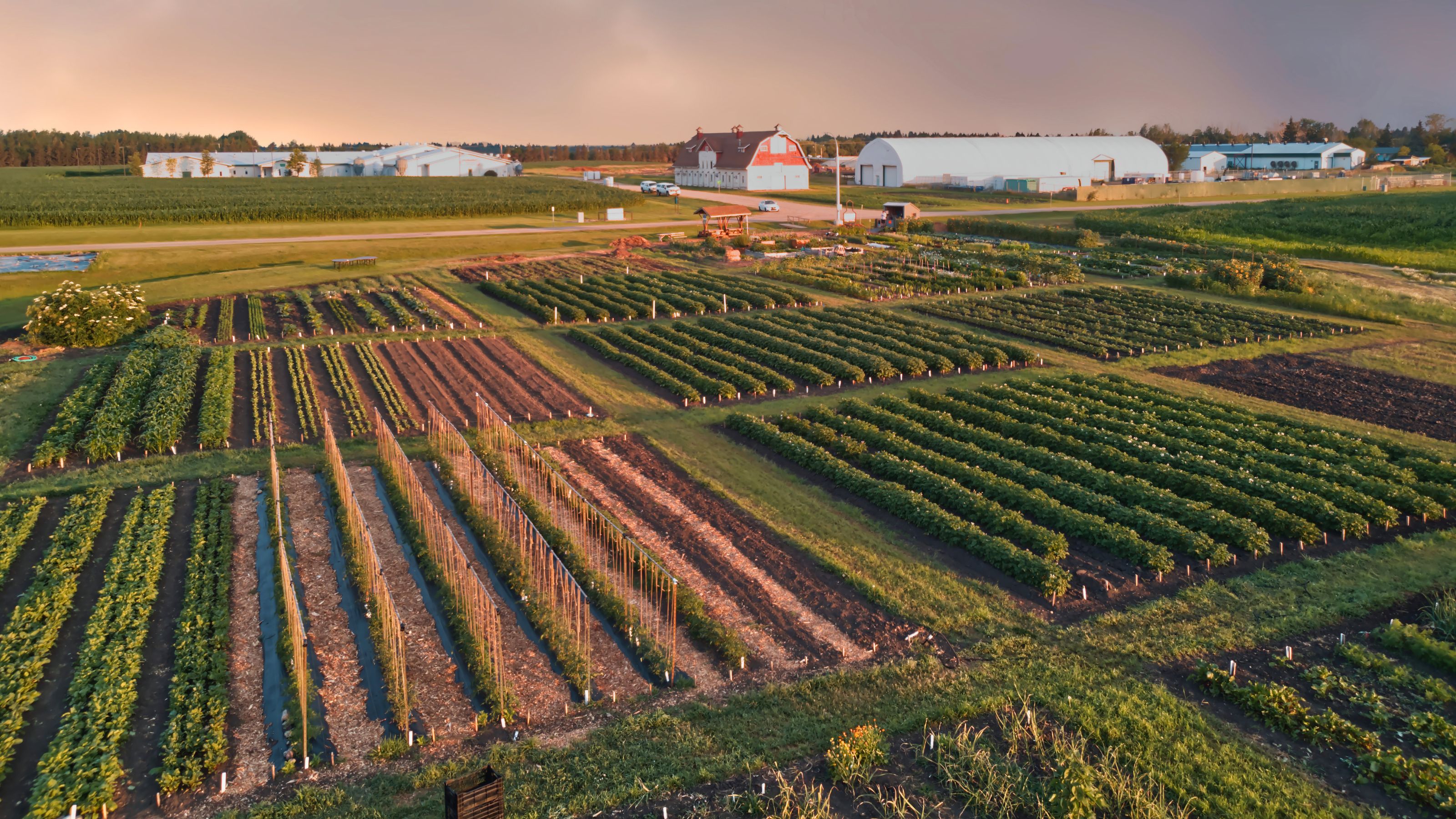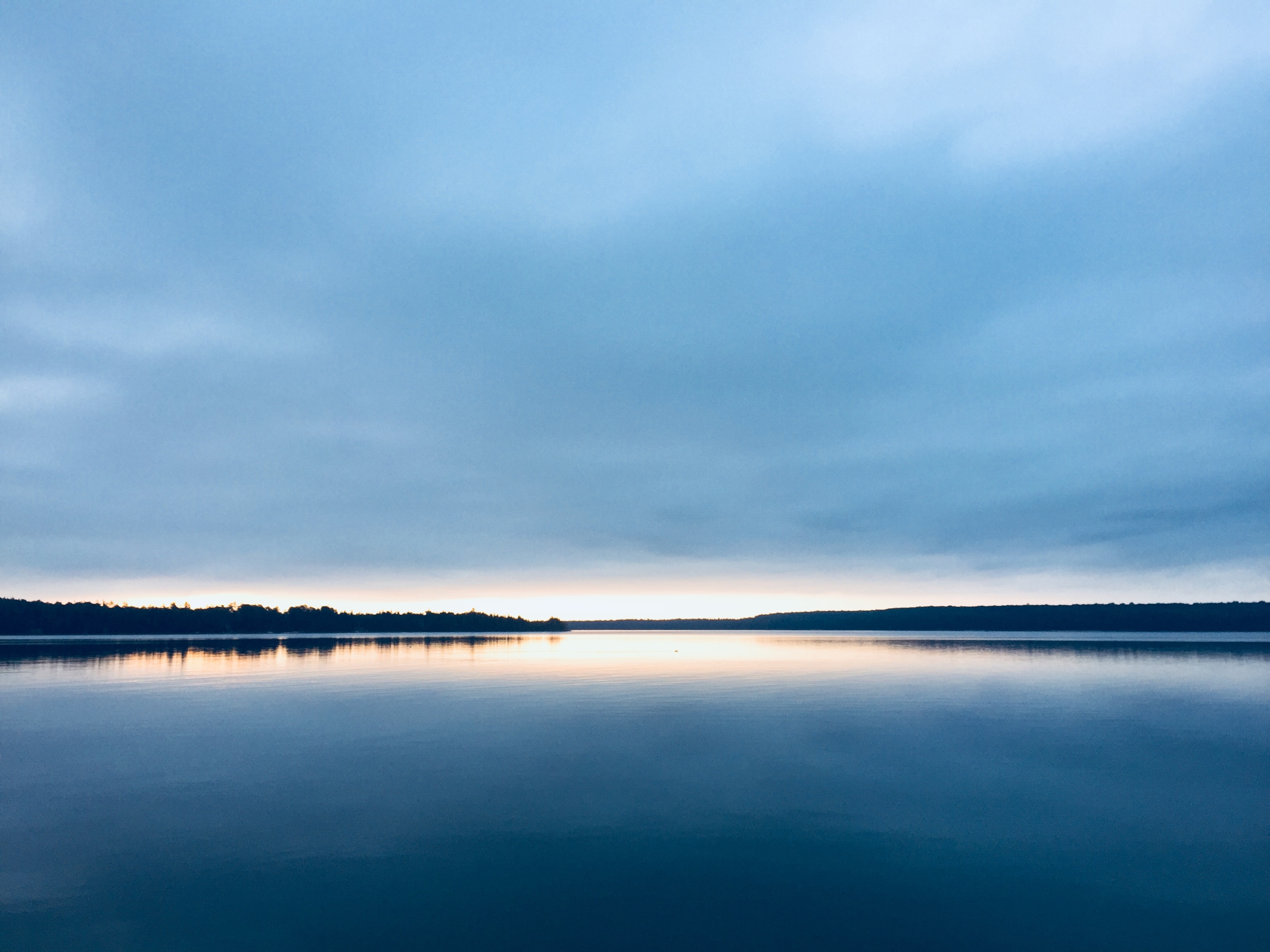Goal 6: Clean Water and Sanitation

research impact
For the period 2017-21
№ relevant publications: 778
№ times cited: 16,599
Key Stats
928,285 m³ total water consumption in 2020/21
19.01 m³ water consumption per person
Map of North Campus hydration stations
sample Courses
News
Stewardship
Water management plan
The University of Alberta’s Watego Water Management Plan, one of several Major Projects, provides a university-wide water stewardship framework that sets a way forward for water use reductions, infrastructure upgrades in washrooms and labs, behaviour change campaigns and pilots of innovative technologies.
North Campus Open Space Plan
The North Campus Open Space Plan, released in 2014, includes sustainability as a key consideration for space planners. Section 5.6 provides strategies to limit the use of potable water for landscape irrigation and instead incorporate rainwater, stormwater and grey water as assets. Elsewhere, the plan prioritizes native plants that are drought tolerant, and it calls for rainwater retaining infrastructure such as wetlands, bioswales, rain gardens and green roofs.
City of Edmonton Drainage Services Bylaw
The University of Alberta Utilities Group operates (North Campus) or manages (remaining campuses) the storm and sanitary system for the university; wastewater is then sent for treatment at local municipal facilities. Wastewater treatment is subject to bylaw 18093 (drainage bylaw). Water quality standards and guidelines ensure the protection of ecosystems, wildlife and human health and welfare.
Managing Water Risks
The University of Alberta has policies, processes and guidelines to prevent polluted water from entering the water system, either as a result of accidents/incidents on campus or otherwise, including: guidelines on how to package hazardous waste; a process for hazardous waste pick up and disposal; Biosafety Guidelines for use and storage of biological materials; a policy on assignment of accountability for Environmental Management; and Health, Safety, and Environment Responsibilities
Outreach
CONSERVE
New sustainable on-farm solutions are needed so that agricultural producers can conserve groundwater through the safe use of nontraditional irrigation water sources. CONSERVE (COordinating Nontraditional Sustainable watER use in Variable climatEs) is facilitating the adoption of solutions to reduce agricultural water challenges exacerbated by climate change.
Research
Advanced Water Research Lab
The Advanced Water Research Lab is developing high-performance membrane materials, processes and characterization methods of water recycling and reuse, particularly in the in situ oil sands extraction industry. The research programs in AWRL contribute to the science of polymer and nanocomposite materials in various applications, including desalination and wastewater treatment, energy and pharmaceutical.
Southern Rockies Watershed Project
This large, interdisciplinary research team based at the University of Alberta is improving our understanding of the connections between the climate, hydrology and ecology of the South Saskatchewan River’s headwaters in the Rocky Mountains. This research includes insights into the impacts of wildfires on drinking water and the impacts of land disturbance on water quality.
Tracking Change
Tracking Change is a multi-year social science research network of Indigenous communities, universities, governments and other organizations building capacity for documenting and sharing local and traditional knowledge about changes in the Mackenzie River Basin. Graduate students and community partners are working together to document observations and experiences of disturbances to fish, fish habitat, water levels and water quality.
Water & Resource Recovery Lab
A project based out of the University of Alberta, the Water & Resource Recovery Lab provides information, resources, public engagement and policy implementation roadmaps for water reuse and resource recovery systems. The project focuses on wastewater reuse, stormwater use and rainwater use. University of Alberta researcher Nicholas Ashbolt informed the recent creation of a set of Public Health Guidelines for Water Reuse and Stormwater Use released by Alberta Health Services to guide water reuse projects in Alberta.
Watershed Science and Modeling Laboratory (WSML)
The Watershed Science and Modelling Laboratory, led by Dr. Monireh Faramarzi, involves development and application of environmental models to study fundamental and applied aspects of water quantity and quality. The end goal of these models is to understand the interactions between water, earth, ecosystems and humans. The multi-disciplinary nature of our research enables a broadening of the hydrologic perspective and the advancement of hydrologic science through integration with other scientific disciplines.
Water Resource Group
The Water Resources Group fosters basic and applied water resources research at the University of Alberta by securing exchange and cooperation among researchers in water resources from different scientific disciplines, by encouraging response of the University to public needs concerning water, and by maintaining a research capability in water resources
Notable Stories
🔗 AI pilot project aims to make water treatment greener, more efficient and less expensive
U of A computing scientists working with Edmonton tech company and town of Drayton Valley to find out whether applying AI to water treatment is a financial and environmental win-win.
🔗 Glacier to table: Understanding the effects of melting glaciers on drinking water
Researchers at the University of Alberta are undertaking a new project to explore how melting glaciers will affect current and future quality of drinking water in Western Canada.
🔗 Nanotechnology innovation in water recycling could significantly reduce industrial use of freshwater
Advancement in water filtration technology has applications everywhere from the energy industry and agriculture to municipal water treatment.
🔗 Student’s ingenuity saves thousands of litres of water in chemistry labs
DIY system designed and built for the University of Alberta’s Campus Saint-Jean.
🔗 Researcher brings local voices, and experiences into international climate change policy
Sherilee Harper earned the International Science Council's Early Career Scientist Award for her work with communities facing health risks.


